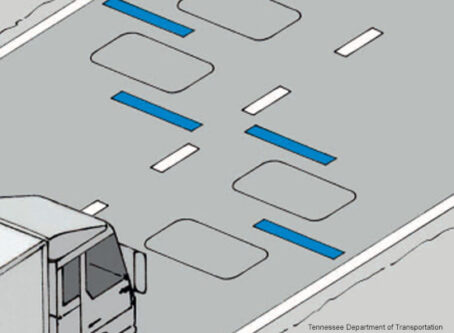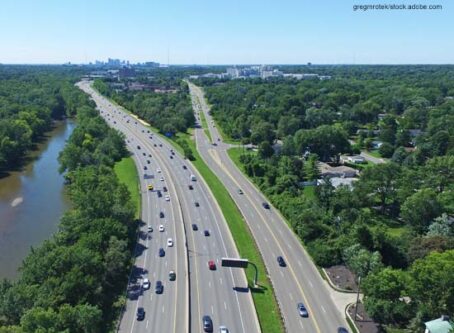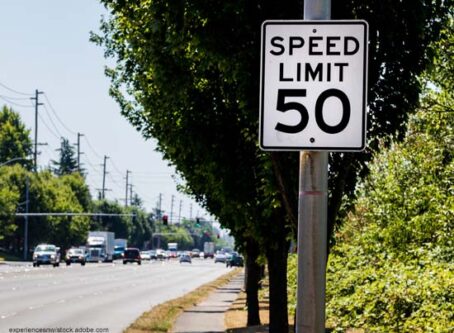Minnesota transportation funding deal at loggerheads
Highway users in Minnesota await the fate of a transportation funding plan at the statehouse.
The Minnesota House and Senate have each approved a transportation funding deal but with significantly different ways to accomplish the goal of improving the state’s roadways.
Gov. Tim Walz and House Democrats want for more revenue via state fuel tax collections.
Governor’s plan
The Democratic governor’s two-year budget proposal calls for raising revenue for items that include statewide transportation projects. The main component of the initial proposal called for nearly doubling the state’s excise tax on fuel purchases.
Walz has said the state needs $18 billion over the next two decades simply to operate and maintain current infrastructure. The governor’s proposal is estimated to raise $18 billion over the next 20 years.
To help eat into the funding gap he wants to increase the 28.5-cent excise rate on gas and diesel by 20 cents over two years. At that time, the excise rate would reach 48.5 cents.
The tax increases, however, would not end there. The governor’s budget proposal would also index the tax to inflation, which would allow for regular increases.
It is estimated that the tax increases would raise about $6.5 billion over 10 years.
House Democrats plan
The House Democrats approved a transportation funding plan to raise nearly $1.5 billion annually. The biggest component of the plan is to raise the fuel tax rate by 5 cents annually over four years. There is no indexing component included in the plan.
Additionally, the House plan would use a portion of the new tax revenue to fill a hole in the state’s general fund. Specifically, they want to replace $450 million annually from vehicle taxes and fees that Republicans acted two years ago to reroute from the general fund for road work.
Senate Republicans plan
Senate Republicans oppose a tax increase for transportation funding. Instead, they say the state would be better served to tap a $1 billion budget surplus.
The lone tax or fee increase included in their plan is to add fees on all-electric vehicles and to collect a new fee on plug-in hybrid vehicle owners.
The transportation finance bill is HF1555. A conference committee made up of select members from both chambers is working on a solution that both sides will be willing to approve and send to the governor’s desk.









